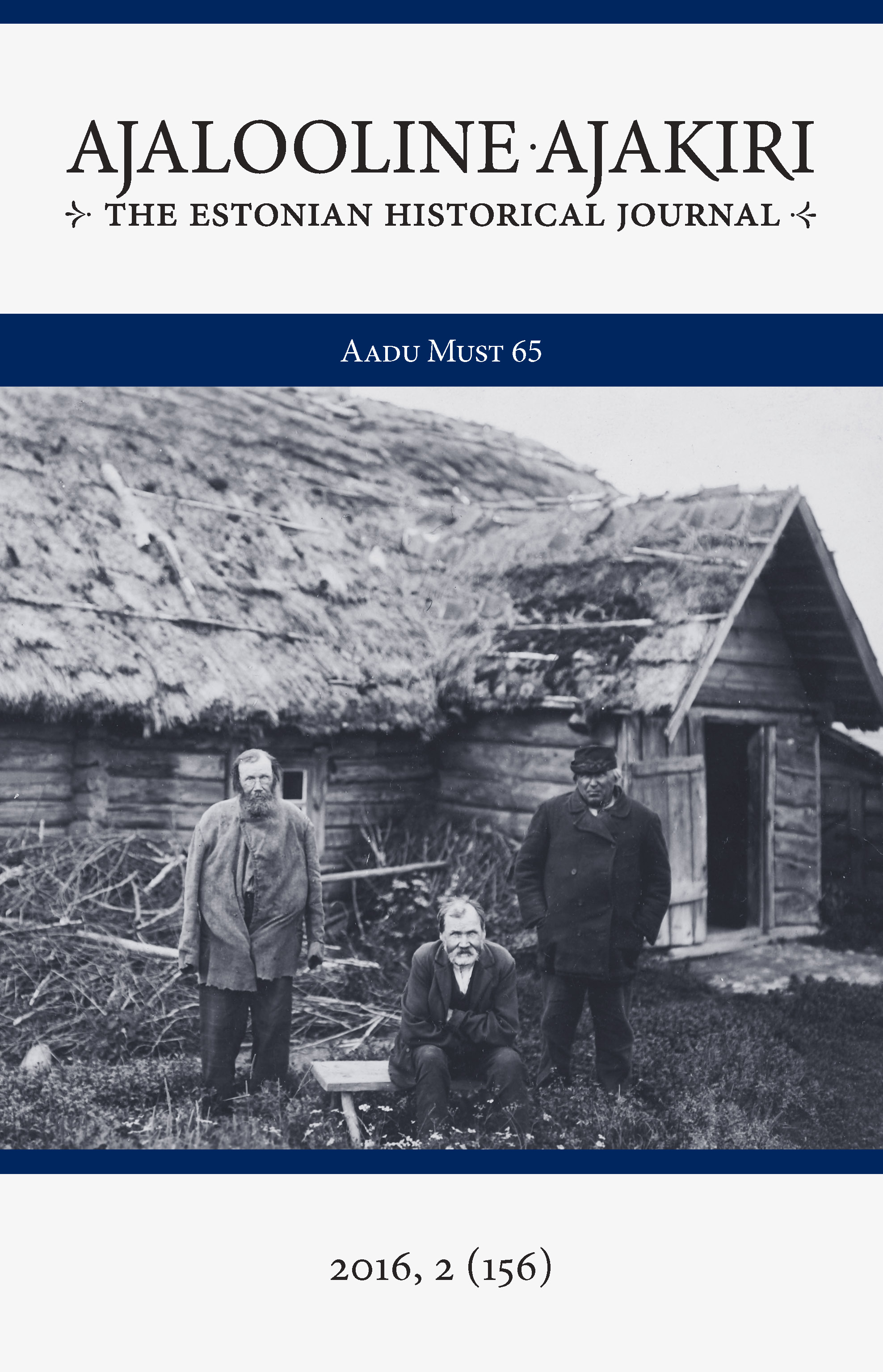Vaimse pärandi säilitamine: infoökoloogiline vaade [Preservation of intangible heritage from the perspective of information ecology]
DOI:
https://doi.org/10.12697/AA.2016.2.06Keywords:
heritage, intangible heritage, heritage management, information ecologyAbstract
Heritage in its very diverse forms has become a significant force in contemporary society. This is manifested by the importance of heritage in shaping identities, the use of heritage by political forces, and the increasing interconnectedness of heritage, the entertainment business and tourism. Heritage is a part of tangible reality while at the same time being an intangible phenomenon. Heritage connects people to each other and to the environment, both its material and natural aspects, therefore forming part of our world. By relying on heritage, recreating it and attributing important meanings to it, people shape the way societies function. The aim of this article is to create a conceptual framework for treating the preservation of intangible cultural heritage. In order to do that, I will use the concept of heritage on the one hand and the information ecological approach on the other hand. The article proposes to create a clearer conceptual framework for treating intangible cultural heritage, with the main emphasis on the preservation aspect. Heritage can be considered from very different aspects, from its philosophical meaning to highly technical conservation proceedings. In this article, I proceed from the idea that heritage is a phenomenon currently being created by people, i.e. from the principle of socio-cultural construction. Of course, this is just one possible way to interpret and utilise the past. It is clear that the treatment of heritage in this way poses a serious challenge to preservation – how should the heritage process be preserved? In my discussion of the heritage process, I use the information ecology framework, mainly drawing on ideas of Bonnie Nardi and Vicky O’Day. Information ecology is a system of people, activities, and technologies in a specific local environment. The information ecologic system is an intertwined network of a specific group of people and their tools and activities. The information ecological approach is characterised by systematicity, diversity, co-evolution and locality. All these aspects are also very important when it comes to intangible heritage. It is evident from the information ecological perspective that preservation of heritage is not a neutral technical activity but rather a social process, in the course of which values and meanings are created, changed and preserved. In preserving heritage, it is important to consider both the heritage itself and the level of society in the framework of which the management takes place. With intangible heritage, it is important to differentiate between individuals and families, groups and communities who practice it. At the national and international levels, specific heritage practices can be recognised and supported, but determining these practices and their actual preservation takes place at the community and individual levels. In order to preserve intangible heritage, we need to support the people, groups and communities who use and develop the given tradition. This means supporting a social and cultural process, in the event that such support is needed in the first place. Communities use intangible heritage to fix their current problems. These aims might not overlap with the national and international goals of preservation. To sum up information ecological principles from the aspect of preserving intangible heritage, what has to be emphasised is the importance of systemic treatment. People practicing heritage skills, their clients, researchers, preservers of heritage and community activists, to name just a few stakeholders, should form an integral system. Different parties are bound to see the system from different perspectives; on the one hand, this cannot be avoided, on the other hand, it is a barrier that needs to be overcome. What is extremely important is the reflection of the so-called grass-roots level perspective, expressed in the subjective view of the person with heritage skills, when determining and preserving heritage. When treating the functions of heritage skills, in addition to their economic significance, which often prevails, what needs to be observed is also the role of these skills in shaping community identities and in creating and preserving social cohesion, but also as parts of education and the wider social communication system. Via heritage skills, meanings are created and values are presented to the community and to society as a whole. I think the fact that heritage participates in the creation of value environments is what guarantees heritage a place in contemporary information society.Downloads
Download data is not yet available.
Downloads
Published
2016-09-08
Issue
Section
Vaatenurk / Perspectives

